Cardiothoracic Surgery
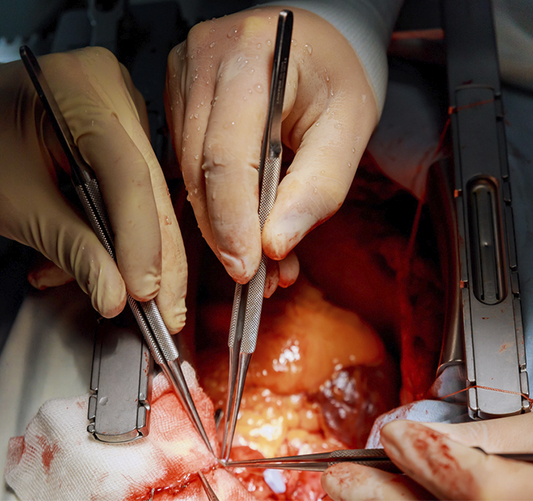
Cardiothoracic surgery, also known as thoracic or cardiac surgery, is a specialized medical field focusing on treating diseases affecting the organs within the chest, notably the heart and lungs. It encompasses various surgical procedures aimed at correcting structural abnormalities, repairing damaged tissues, and enhancing the overall function of the cardiothoracic system. Conducted by highly trained cardiothoracic surgeons, these procedures include coronary artery bypass grafting (CABG), heart valve repair or replacement, lung resection, and transplantation. Patients undergoing cardiothoracic surgery receive general anesthesia to ensure they are pain-free and unconscious throughout the procedure. Surgeons access the affected area by making incisions in the chest, often using minimally invasive techniques to reduce trauma and expedite recovery. Advanced tools like robotic-assisted technology may be utilized to enhance precision and outcomes. Successful cardiothoracic surgery relies on a collaborative effort among surgeons, anesthesiologists, nurses, and other healthcare professionals to deliver comprehensive care.
The primary objectives of cardiothoracic surgery are to address and manage conditions affecting the heart and lungs, such as coronary artery disease, congenital heart defects, heart failure, lung cancer, and thoracic trauma. These interventions aim to restore normal heart and lung function, relieve symptoms, enhance quality of life, and prolong survival rates. While cardiothoracic surgery entails certain risks inherent to any surgical procedure, advancements in techniques, anesthesia, and post-operative care have significantly improved patient outcomes. With careful planning, skilled surgeons, and advanced facilities, cardiothoracic surgery plays a critical role in treating complex cardiothoracic conditions, offering patients the prospect of improved health and extended life expectancy.
Reasons why a Cardiothoracic Surgery may work for you






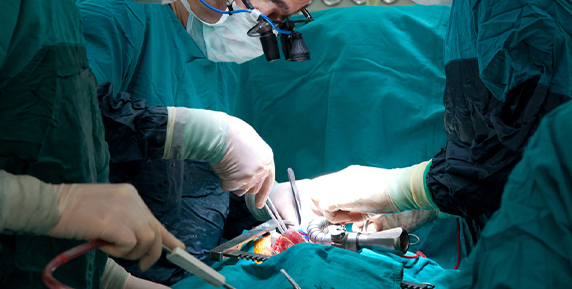
To address complex heart conditions with surgical precision
In cases where medication fails to effectively control heart or lung conditions, cardiothoracic surgery is essential for addressing complex heart conditions with surgical precision, thereby aiming to prevent additional complications.
To improve heart function and overall cardiovascular health
When medication fails to sufficiently control heart or lung conditions, cardiothoracic surgery may be required to prevent further complications.

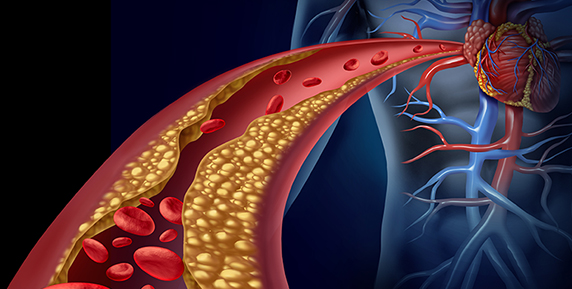
To restore blood flow to the heart and alleviate symptoms
Cardiothoracic surgery has the capacity to renew blood flow to the heart, alleviating symptoms such as chest pain, breathlessness, and fatigue, ultimately leading to enhanced heart function and cardiovascular well-being.
To repair or replace damaged heart valves
Cardiothoracic surgery has the capability to mend or substitute impaired heart valves, thereby reducing the risk of heart failure. Additionally, it can enhance the heart’s pumping capacity and deter the heart from enlarging or weakening.
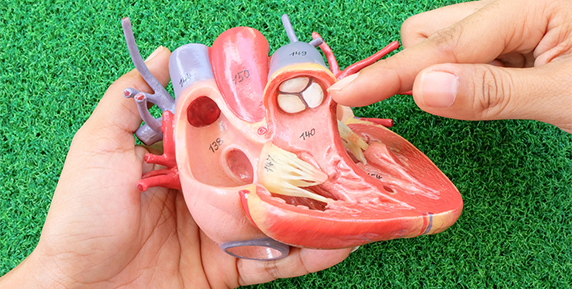

To treat congenital heart defects for better quality of life
Cardiothoracic surgery can enhance your overall well-being, enabling easier breathing, increased energy levels, and an improved quality of life.
To reduce the risk of future heart attacks or complications
As a procedure crucial for saving lives, cardiothoracic surgery can lower your risk of future heart attacks or complications by unblocking coronary arteries, repairing or substituting damaged heart valves, or addressing congenital heart defects.

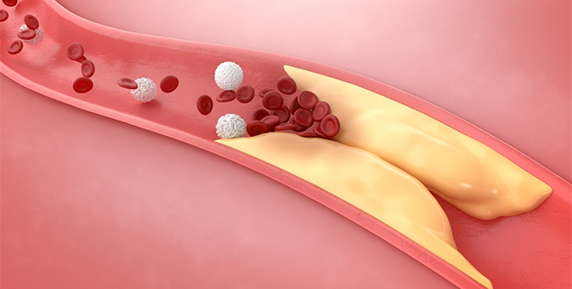
To manage severe coronary artery disease with bypass surgery
When medication fails to adequately control heart or lung conditions, cardiothoracic surgery becomes essential to prevent additional complications. It serves as a vital intervention for managing severe coronary artery disease through bypass surgery.
To correct structural abnormalities affecting heart function
If medication proves insufficient in managing a heart or lung condition, cardiothoracic surgery might become essential to avert further complications. Additionally, it can successfully address structural irregularities affecting heart function.

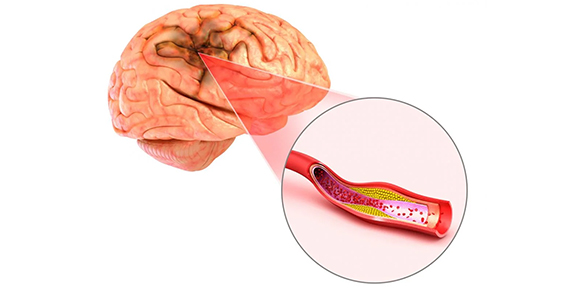
To repair or replace aneurysms in the aorta
Through repairing or replacing aortic aneurysms, unblocking coronary arteries, and addressing congenital heart defects, cardiothoracic surgery can lower your risk of future complications.
To extend and enhance the patient's overall life expectancy
Cardiothoracic surgery can substantially prolong and improve your overall lifespan by decreasing the likelihood of future heart attacks.

